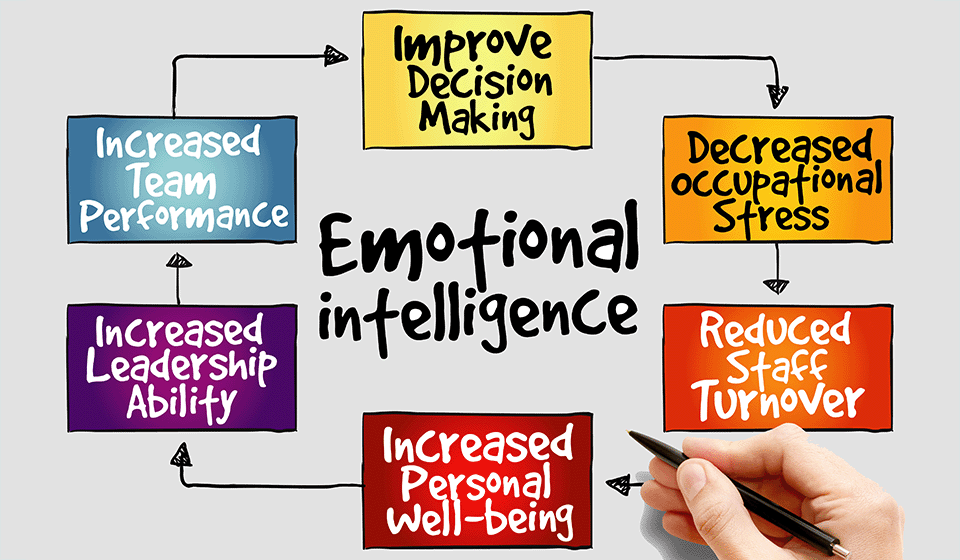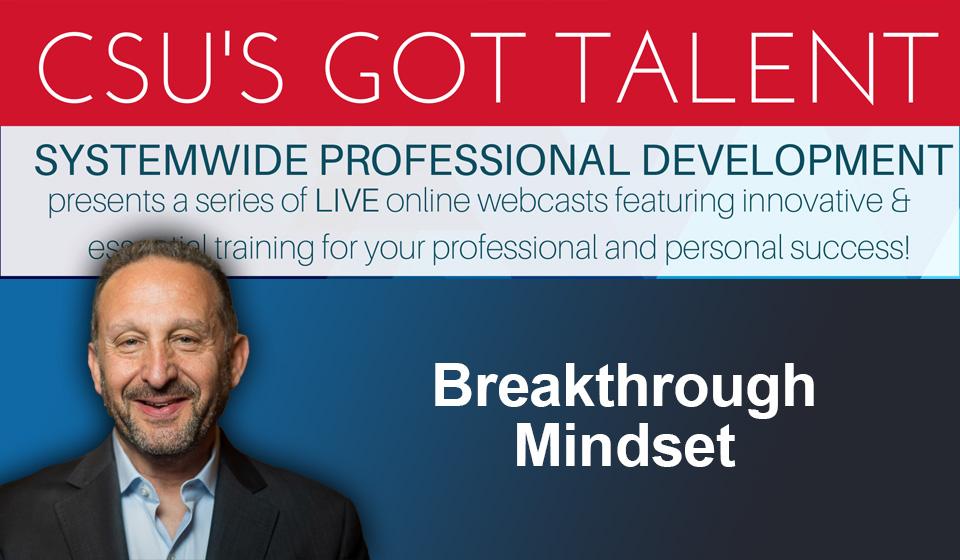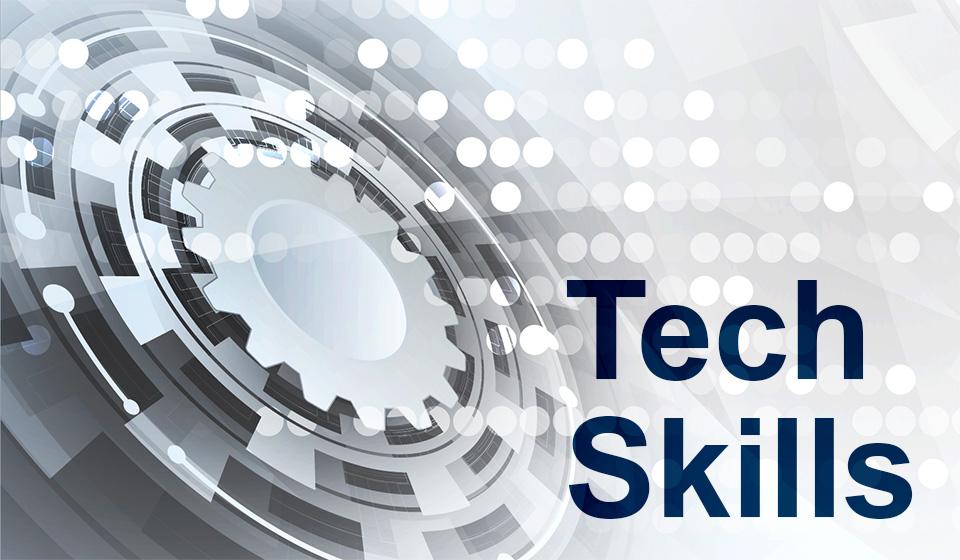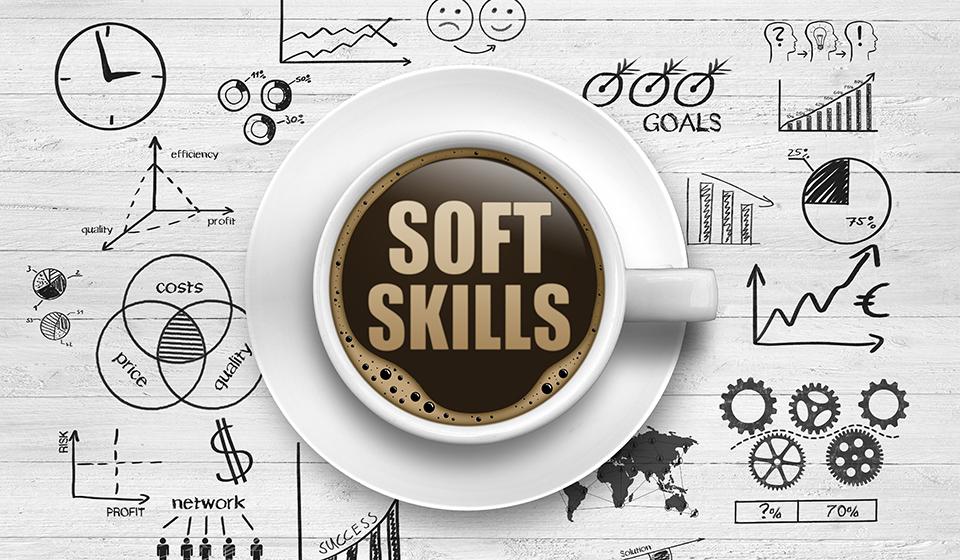What NOT to Do?
 So much time is spent determining what to do - but when was the last time you considered what NOT to do?
So much time is spent determining what to do - but when was the last time you considered what NOT to do?
The Four Ds of Time Management - Do, Defer (Delay), Delegate, and Delete (Drop) - provides a framework for prioritizing how you spend your time on the things that matter most. It gives you permission to identify things that are time vampires and stop doing them.
Try using this filter next time you’re feeling overwhelmed with a long to-do list:
Do – These are tasks that take just a few minutes to complete and help build momentum toward completing larger projects. Examples include answering emails or returning an important client phone call.
Defer (Delay) – Sometimes tasks are better off being temporarily paused and can be rescheduled for a more opportune time. If something is not urgent, consider whether it can be tackled later.
Delegate – Delegating tasks can be good time management, but many fail to do so. What is the best use of YOUR time, and what important tasks can you delegate to someone else?
Delete (Drop) – Deleting tasks means being ruthless with task prioritization. Consider whether it matches your job description, who would benefit or suffer from doing or dropping the work, and whether it moves you toward a desired outcome.
The Four D’s take intention and commitment - but once you’re in the swing of it you’ll find workload pressure easing and an increased ability to focus on and complete what’s most important.
Featured Tech Skills Course
Outlook Microsoft 365: Tagging, Sorting and Filtering Emails
Outlook includes everything you need to keep track of your emails and find messages very quickly with flagging, tagging, categorizing, sorting and filtering.
Course time: 47 minutes
Emotional Intelligence

Emotional Intelligence (EI) plays a significant role in being an effective manager and leader in an organization. Understanding EI offers many benefits, helping you become a stronger leader. Workshop content includes: the role of EI in relationships; using EI in the workplace; growing your EI; and addressing your challenges.
How to Make the Workplace More Fun: Mini-moments of Fun
Featured Soft Skills Course
Being an Effective Team Member
Making a real, positive difference on a team is not necessarily about showing team leadership. Even if your role doesn’t involve managing teams, you can still make an important contribution by being a strong team member. This course covers strategies and techniques to help you become a more effective and valued team member. You'll explore ways to adopt a positive mindset toward teamwork, so that you can make a significant contribution. Because your success when working on a team depends on pulling together with other people, you'll also learn constructive ways to acknowledge differences and show respect for teams, and specific strategies for team collaboration.
Course time: 30 minutes
On the Bookshelf

The Art of Followership: How Great Followers Create Great Leaders and Organizations
by Ronald E. Riggio, Ira Chaleff and Jean Lipman-Blumen
This book examines the multiple roles followers play and their often complex relationship to leaders. With contributions from leading scholars and practitioners from the burgeoning field of leadership/followership studies, this groundbreaking book outlines how followers contribute to effective leadership and to organizations overall.
10 tips to be more confident at work

If you’re ready to power-up your confidence at work, you’re about to drastically improve your performance. Nearly all workers say they perform better when they feel confident at work. HR leaders say the trait can generate resilient, productive, and loyal employees. But what exactly is confidence?
From an article by
CSU's Got Talent

"Breakthrough Mindset: Using the Power of Focus to Create Peak Performance" July 27 from 10:00 - 11:00 AM PT
Upcoming Classes
Subscribe to Our Newsletter
People-Centered Change Initiative

Cal Poly Humboldt's People-Centered Change Initiative draws on methodology and practices developed by Prosci. In this article by Prosci, explore the basics of People-Centered Change (aka Change Management). And to learn more about our our own People-Centered Change Initiative, visit PCCI.Humboldt.edu.
Learn to Use CSU Learn
Tech Tips
Collaborate from anywhere using Microsoft 365
Microsoft 365 unlocks the modern ways of working. No matter if you’re working from home or if there’s an emergency while you’re away, you can have the peace of mind that you’ve got the tools to help you adapt from wherever you are.
Skillshops @ the Library
-


